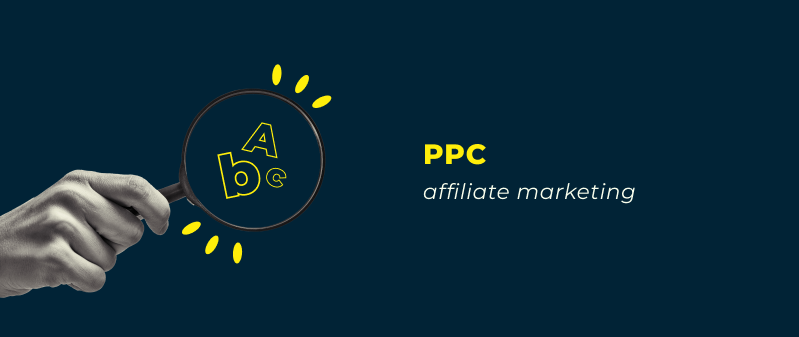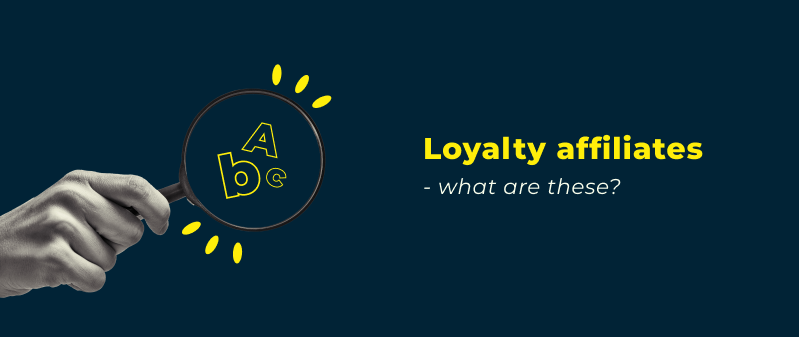DEFINITION
PPC affiliate marketing is a model in which affiliates earn money for clicks (PPC – Pay-Per-Click) generated through ads, banners, or affiliate links.
PPC affiliate marketing is a model in which affiliates earn money for clicks (PPC – Pay-Per-Click) generated through ads, banners, or affiliate links. Commissions are earned for each click, irrespective of whether it results in a purchase or other desired action. PPC affiliate marketing is among the most popular methods to monetize websites.
Table of contents
How does PPC Affiliate Marketing work?
In the PPC affiliate marketing model, an advertiser compensates partners for each click on links that lead traffic to their website. Affiliates integrate these advertising or affiliate links into content on their websites, social media platforms, or other marketing channels. A commission is earned every time a visitor clicks on one of these links or ads, even if they don’t proceed to make a purchase.
What are the basic principles of PPC in the context of affiliate marketing?
To maximize earnings from the PPC affiliate marketing model, consider these guidelines:
- Select keywords closely tied to your product or service to capture the right audience.
- Design ads that are succinct, appealing, compelling, and in harmony with your landing page’s content.
- Consistently monitor campaign outcomes, examine metrics like the click-through rate, and constantly refine the campaign based on insights.
- Offer users meaningful content. Ensure your content aligns with the site to which the affiliate link points.
What are the main advantages and challenges of PPC affiliate marketing?
Advantages of PPC affiliate marketing include:
- Flexibility, allowing continuous campaign adjustments based on results.
- Ability to precisely evaluate campaign effectiveness.
- Direct control over advertising spend.
- Scalability.
- Straightforwardness and user-friendliness.
- A simple commission-earning method without a mandatory conversion requirement.
Challenges of PPC affiliate marketing encompass:
- The imperative of meticulous keyword selection.
- Efficient campaign management and optimization.
- The consistent requirement to update websites or other marketing channels with captivating content that drives traffic.
- Constant monitoring and evolution of the marketing strategy.
Why is Pay-Per-Click (PPC) an important tool in affiliate marketing?
PPC advertising is essential because of its simplicity, adaptability, profitability for affiliates, and overall efficiency. A PPC campaign can engage a vast audience. Simultaneously, the PPC affiliate initiative can be consistently refined, enhancing its efficacy. PPC campaigns empower affiliates to accurately measure and control their advertising expenses while concentrating on ad effectiveness.
How can affiliates create PPC campaigns effectively?
For an impactful PPC campaign, start by pinpointing the right keywords — those that will pull in the intended audience and prompt them to engage (click on the affiliate link). Crafting enticing, tailored ads and constant monitoring and tweaking of results are also crucial. Regularly introducing new and refining existing content on your platforms and testing alternative marketing approaches if outcomes aren’t as anticipated are also vital steps.
How to make money with PPC affiliate marketing?
To profit substantially from PPC affiliate marketing, it’s advisable to scrutinize offers meticulously and opt for a high-quality, profitable affiliate program. Concentrate on devising an enticing affiliate campaign and drawing in potential customers. Keyword selection is pivotal, as is driving substantial traffic to our platforms or utilized marketing channels. The more visitors you can attract, the higher the likelihood of link clicks and commission earnings.



